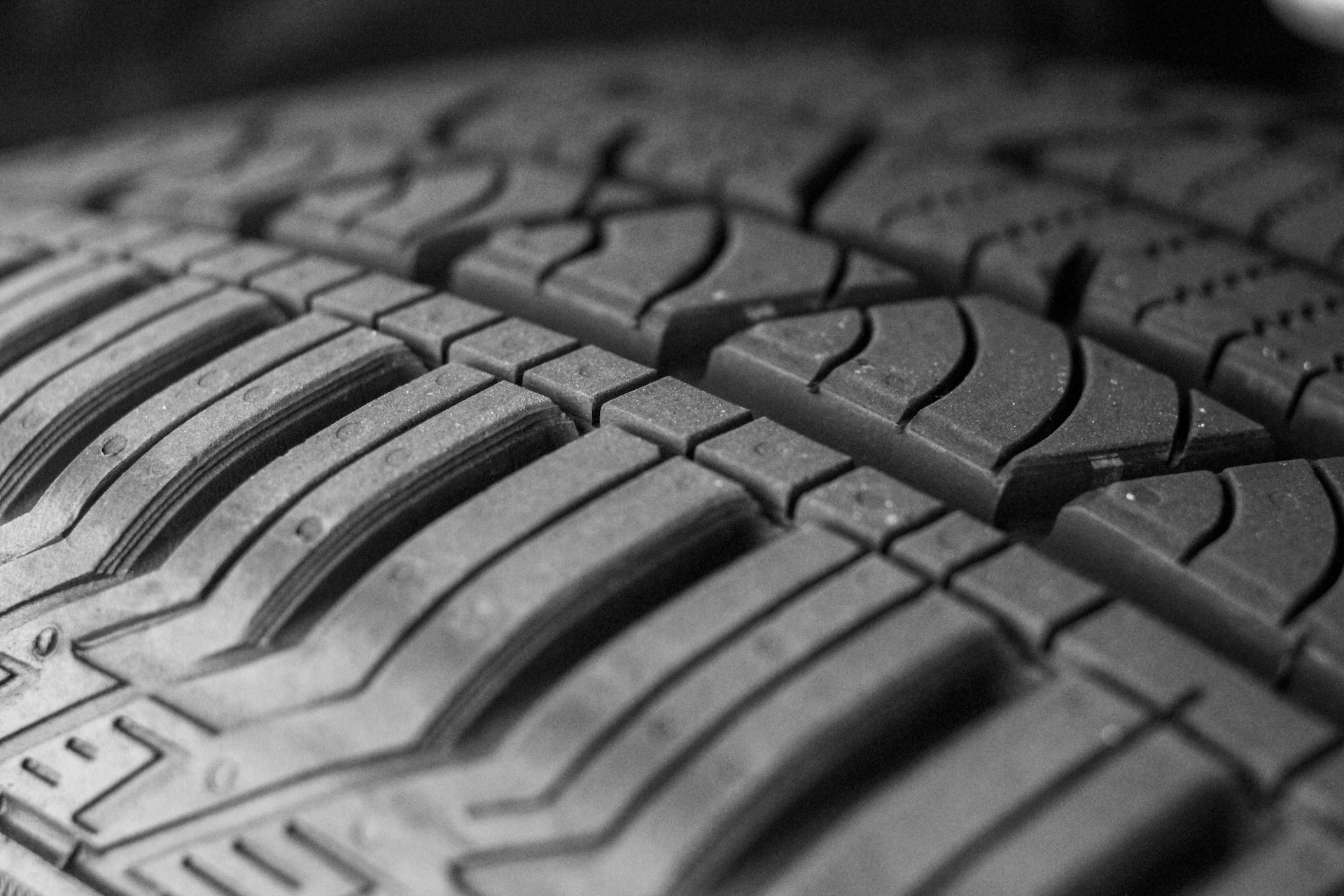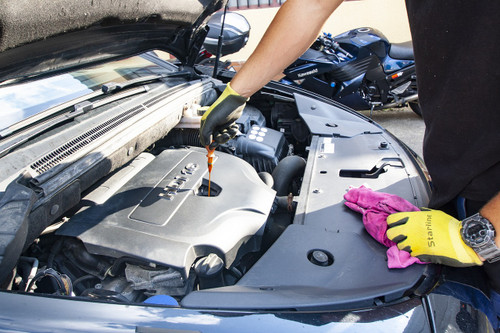Debunking Basic Car Maintenance Myths
Nov 28, 2023
A vehicle is a complicated machine that’s used on a daily basis. To keep it running well, it generally requires maintenance as it’s built with a complex system of parts and components. For this reason, there’s a lot of information that car owners need to take into consideration when it comes to maintaining their vehicles.
However, there’s also a lot of misinformation circulating that can be unhelpful and sometimes even problematic for your vehicle. In this blog, we’ll discuss six widely held but mistaken car maintenance myths. We’ll also take a look at why these car myths are misleading and what can be done to resolve them.
Myth #1: Change Oil Every 3,000 Miles

Nowadays, basic car maintenance doesn’t require changing the engine oil every 3,000 miles. The reason for this is that engine oil generally contains additives and lubricants that increase the lifespan of the oil itself. In addition, newer car engines are designed to operate more efficiently and cleaner than older engines. This means that oil only needs to be changed every 5,000 to 7,500 miles, particularly for newer models. Also, fully synthetic oil can last up to 15,000 miles. It’s always best, however, to follow the vehicle manufacturer’s maintenance advice to ensure the safety and performance of your car.
Myth #2: Low Frequency of Tire Replacement

In general, tires last between 36,000 to 75,000 miles or approximately 6 years. However, this can vary due to reasons such as basic car maintenance, driving habits, and climate. A common misconception is that tires should be replaced once the tread reaches 2/32 inches. However, car myths like this are incorrect as the American Automobile Association recommends replacing tires once the tread reaches 4/32 inches. The reason for this is that tires worn past 4/32 inches require more room to stop, especially during wet conditions.
Myth #3: Refueling in the Morning Is Best
Another frequently mistaken belief is that it’s best to refuel in the morning as this can save money. While many liquids, solids, and gasses expand and contract with fluctuating temperatures, the truth is that gasoline is stored underground and concealed from outside temperatures. Therefore, it won’t expand in changing temperatures and basic car maintenance costs such as refueling in the morning when it’s cold won’t reduce costs.
Myth #4: A Jump Start Instantly Recharges the Battery
If your car battery stops working, a common way to solve the problem is to use the battery from another car to provide a quick start using jump leads. Although this is a useful way to restart your car, a common misconception is that the battery is completely recharged after driving just a few miles. The truth is that it takes a few hours for a car battery to recharge to 100%. For this reason, basic car maintenance advice from reliable sources will usually recommend driving for at least 20 minutes at a moderate speed after starting your car with jump leads.
Myth #5: Rolled Down Windows vs A/C
In addition to the abovementioned car myths, another misconception is that rolling down the windows instead of using the air conditioner is better for fuel economy. Although using the a/c may use slightly more fuel, rolling down the windows at moderately high speeds increases wind resistance. This leads to higher fuel consumption so car maintenance myths like driving with the windows down, especially at high speeds, are generally unsupported.
Myth #6: Validity of a Vehicle Warranty
Another common basic car maintenance misunderstanding is that all vehicle services must be carried out by the dealer to maintain the warranty. The truth is that repairs and maintenance can be performed at any facility that the car owner chooses. However, the relevant documents for any work performed by any facility other than the dealer need to be kept to maintain the warranty.
In Conclusion
In this article, we took a closer look at some advice about vehicle maintenance that tends to circulate. However, some vehicle maintenance advice is not entirely correct so it’s generally helpful to sort fact from fiction. Almost always, it’s best to follow the manufacturer’s basic car maintenance instructions instead of listening to car myths.
In addition, replacing important parts such as gas springs will help ensure that your car is running optimally. Lift Supports Depot can help you find the right parts as we have an extensive range of lift supports. Contact our friendly support staff today and find the ideal gas springs for your specific car.
Share:

